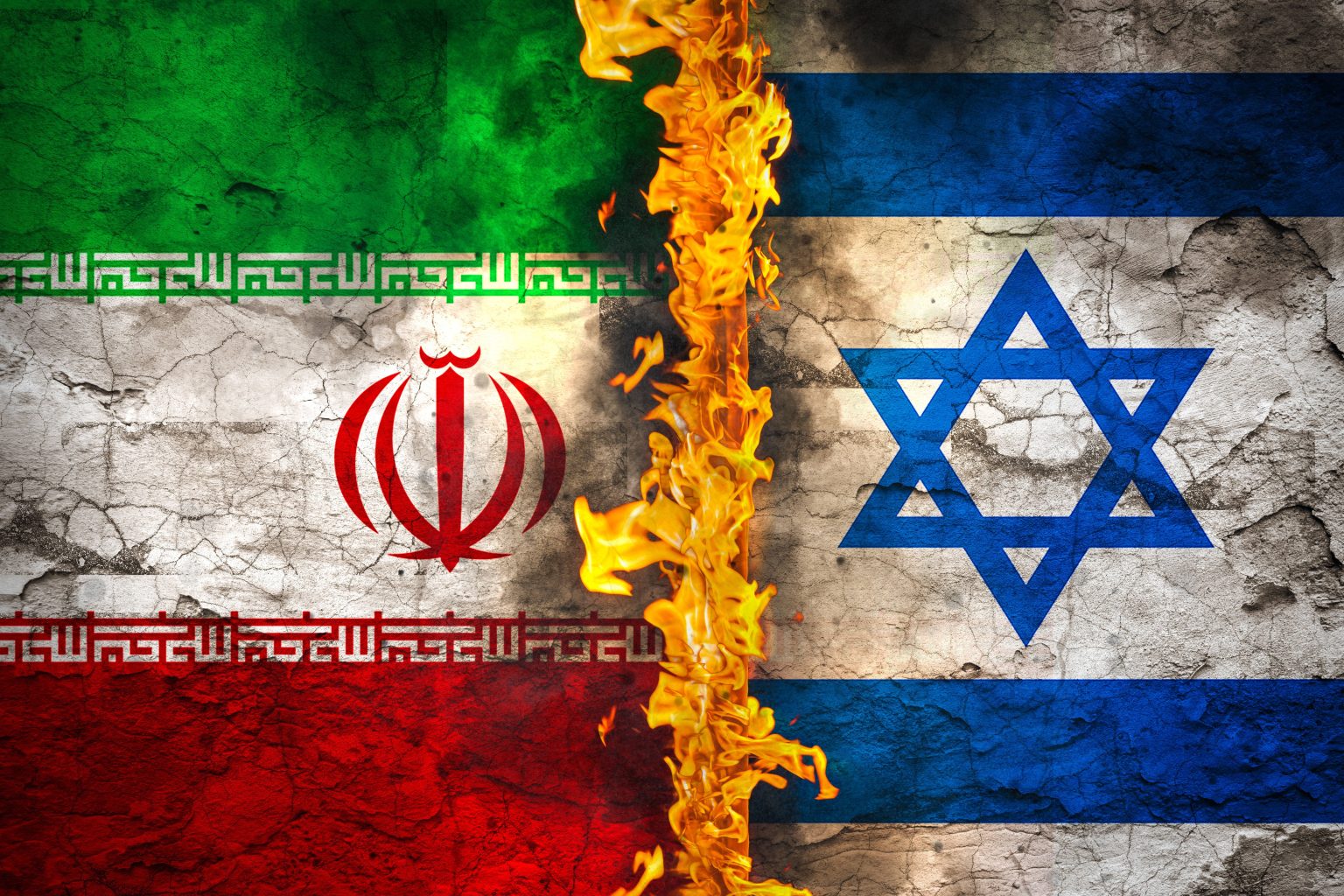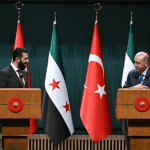In the ongoing struggle between Iran and Israel, two types of conflict emerge: Israel’s shadow war characterized by intelligence-driven operations and targeted assassinations like that of Hamas leader Ismail Haniyeh, and Iran’s direct military actions. This prompts us to delve into the intricacies of Iran’s traditional military tactics and Israel’s covert shadow war, seeking to grasp their implications.
An international armed conflict is defined by the involvement of states as the primary actors. When the opposing parties are not recognized as states, the conflict may take on different forms. The international nature of a conflict is closely tied to the concept of interests, where any interference with international interests marks it as an international armed conflict. International conflicts, regulated by international humanitarian law, arise between two or more states. At its core, an international armed conflict is triggered when armed hostilities erupt between states, whether through a declared war or other forms of military engagement, even if one state denies the existence of a war.
In 1949, the four Geneva Conventions were established to address situations involving declared wars and armed conflicts of any kind, regardless of form, even if one party refuses to acknowledge the state of war declared by the other. These agreements effectively closed the loopholes that countries might exploit to avoid fulfilling their obligations, a tactic currently observed in the ongoing tensions between Iran and Israel. The initiation of an armed conflict doesn’t always involve the immediate deployment of military force. A declaration, warning, or official statement can mark the beginning of hostilities, as demonstrated by Iran following the assassination of Ismail Haniyeh on its soil.
While Iran’s actions signify an international armed conflict, marked by its long-range attacks on Israel or at Israeli locations of strategic significance, Israel relies on shadow war. Shadow war, encompassing intelligence operations and targeted actions like sabotage and the assassination of political, military, and scientific figures in hostile countries, is a cornerstone of Israel’s security doctrine.
Shadow war is a prevalent concept in military conflicts where the focus is on declaring credible threats and sending a clear message that any escalation into a full-scale war would be both painful and costly for all sides. Shadow war can also run parallel to and support ongoing negotiation processes. A notable example in our region is the ongoing conflict between Israel and Iran, with Tel Aviv openly demonstrating its willingness to apply military pressure in various forms to stop Iran from increasing its arms exports of precision missiles and drones to Hezbollah and its militias in Syria. Fundamentally, shadow warfare operates in an indirect and unconventional manner, frequently employing cutting-edge cyber and electronic warfare techniques.
While Tehran and Tel Aviv largely agree to steer clear of confrontations that might escalate into full-scale war, and despite the intensifying Israeli shadow war, Iran has not reciprocated with a similar approach. Instead, it has adopted a policy of armed conflict by backing armed groups hostile to Israel, including Lebanese Hezbollah, Palestinian Hamas, and Jihad factions in Gaza and the West Bank, and has continued efforts to establish a presence for the Islamic Revolutionary Guard Corps (IRGC) in Syria.
Notably, the pace and intensity of the ongoing shadow war pose a significant dilemma, as these conflicts often serve as precursors to full-scale wars. After the assassination of Hamas leader Ismail Haniyeh, signs of an impending exchange of strikes between Iran and Israel have intensified, spurring swift international action to contain the rising tension that threatens to widen the conflict across the Middle East.
For its part, Iran asserted that its right to defend its national security, sovereignty, and territorial integrity was unquestionable. The Iranian Foreign Ministry also stated that the killing of Ismail Haniyeh in Tehran constitutes a blatant violation of international laws, Iran’s sovereignty, and established international political norms.
Indeed, Israel’s assassination of Haniyeh on Iranian soil constituted a blatant violation of international law and the principle of state sovereignty, representing an intervention aimed at asserting Israel’s will and showcasing its power within Iranian territory. The methods of such intervention may be varied, but the objective remains consistent: to display power and extend influence deep into the state. This assassination also violates the 1945 UN Charter, specifically paragraph 7 of Article 2, which affirms the principle of non-interference in the affairs of other nations.
Whither the Israel-Iran Armed Conflict and Shadow War?
The recent mutual attacks between Israel and Iran have set the stage for a new equation that will test the true deterrence power of both sides. If Israel continues targeting the leaders of the IRGC and Iran fails to follow through on the promises made by its foreign minister, the credibility of its deterrence against Israel will be called into question. Conversely, if Israel refrains from targeting the IRGC, Iran may claim that its attacks have effectively deterred Israel. This hypothetical scenario heightens the pressure on both parties, making renewed direct confrontations more probable in the future.
For Israel, its shadow war against Iran is unlikely to cease and may even escalate in the upcoming period. The desire to restore its image of military dominance is strong, especially after ten months of conflict in Gaza, which diminished perceptions of Israeli power in the Middle East. By targeting and eliminating two high-profile figures at close range in strategic locations, using sophisticated military and intelligence resources unique to the region, Israel may have sought to dramatically reassert its power.
Given this context, it seems that neither Israel nor Iran are eager for an all-out war or direct confrontation. Israel, already stretched thin with its ongoing conflict in Gaza and its operations in southern Lebanon, cannot afford to open a new front with Iran. Thus, the shadow war emerges as the most viable strategy for Israel to prevent a broader regional conflict.
As for Iran, it will likely leverage its regional proxies in Lebanon, Syria, and Yemen to counter the Israeli shadow war. While this may not precipitate a direct international conflict between Israel and Iran on their own territories, it could pull the entire region into a broad-scale war with a zero-sum outcome where no party emerges victorious.
Iran might choose a delayed response, incorporating the assassinations of Shukr and Haniyeh into its extensive list of Israeli attacks it plans to retaliate against eventually, or alternatively, it could opt for an immediate response by targeting a significant military site deeper within Israel rather than confining its strikes to the northern regions or the Golan Heights. Tehran might also orchestrate a series of coordinated attacks involving Hezbollah, the Houthis in Yemen, and its allied militias in Iraq, creating what is often referred to as a “ring of fire.”
In conclusion, Israel’s conduct across all fronts constitutes a breach of international law and established global norms, escalating the conflict and steering the region towards the risk of a broader international confrontation. The current international landscape necessitates that all parties work to prevent further aggravation of the situation, as familiarity with conflict does not mitigate the risk of its intensification and outbreak.












